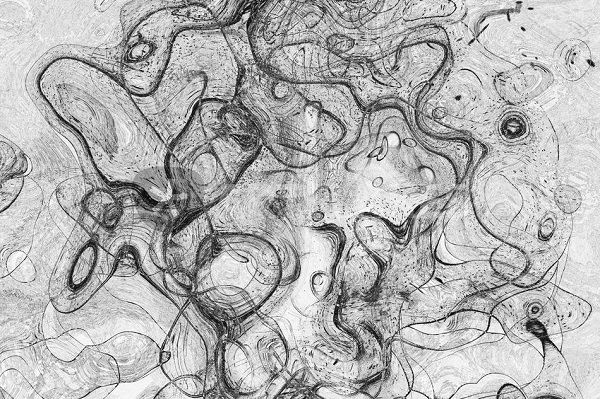FWP:
It's hard to envision the circumstances in which this verse would actually be said. The lover so rarely can even imagine obtaining the delights of 'union' with the beloved that the situation should be almost sacred to him. And are we to think that at such a moment he is offering some kind of boastful claim, and she is making snide remarks, so that the two are engaged in a sort of vulgar bickering? And why are they having, uh, 'union' under circumstances where a Rival could, it seems, walk in on them? 'Pfui' (as Nero Wolfe spells it), say I.
Faruqi has explicated the verse, treating the huu;N in the first line as more like a future subjunctive, not a present tense, so that the first line becomes a sort of negative rhetorical question or exclamation. 'What-- you think I'd be afraid of a Rival?!' And so on; it all makes sense in its way. I'll settle for his explanation. He doesn't seem to find the verse as irritating as I do.
I think the verse is a travesty. Maybe this is just a personal reaction; I'll give it more thought. There's something in my vision of the ghazal world that doesn't admit of a verse like this, with its overtones (to me, at least) of pettiness, nagging, suspicion, and vulgarity. If the lover and the beloved are actually going to achieve their almost-impossible-to-imagine 'union', let it be worthy of all they've gone through to get to it! In this verse, it doesn't seem to be.
One possibility that just occurred to me is that they are not actually having 'union', just contemplating or considering it (since the verb in the first line can be read as a future subjunctive). But such a discussion still doesn't show either of their personalities in a very attractive light.
It has been argued that all ghazal verses can, in principle, be read as addressed to a Divine Beloved. This verse alone ought to be more than sufficient to discredit that idea. For more examples of verses in which the beloved is definitely human, see {20,3}.
The next verse, {97,8}, is more in the classic ghazal style in its treatment of 'union'. And consider {98,5}, which also makes use of a vahm , a pech -o-taab , and an Other-- but to such different effect. For more on Ghalib's erotic verses, see {99,4}; this particular verse hardly seems to belong among them.
Note for grammar fans: In the first line huu;N is, for the commentators, the usual
'am'; for Faruqi, it's not entirely clear. In my reading, it should be interpreted as the future
subjunctive (from huu;Ngaa ); this form is of course almost always replaced by ho jaa))uu;N . See the previous verse, {97,6}, for a similar case.

Nazm:
That is, in union, I have the agitation of thinking, 'May the Rival not come and, seeing my anxiety, may the beloved not entertain the illusory idea that I have come to her after secretly meeting some beloved, and that that's why I'm anxious!' (99)
== Nazm page 99